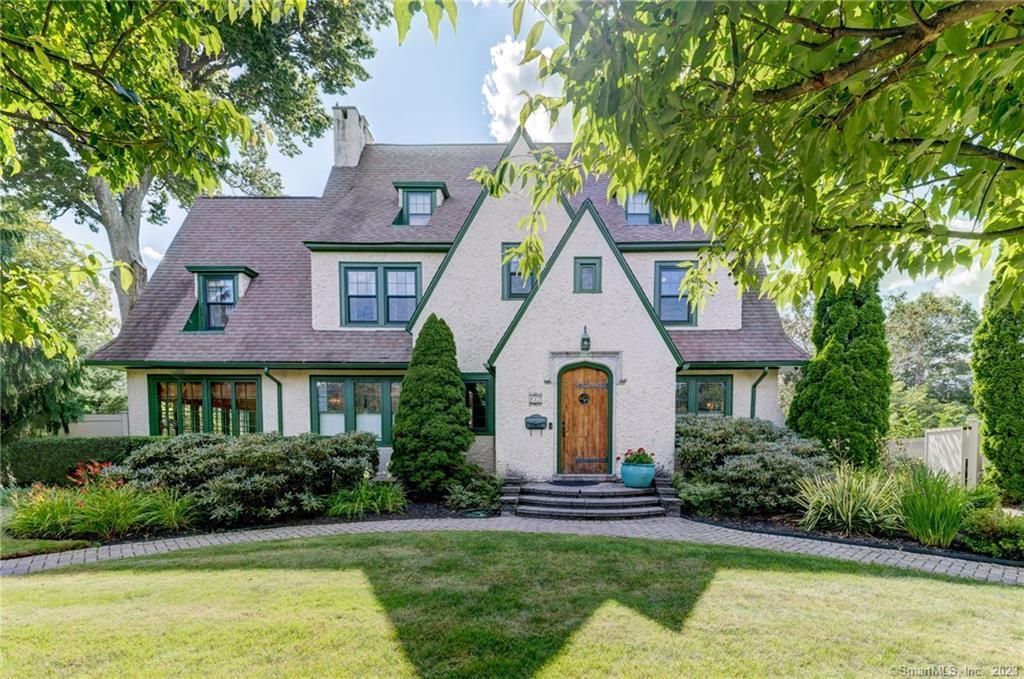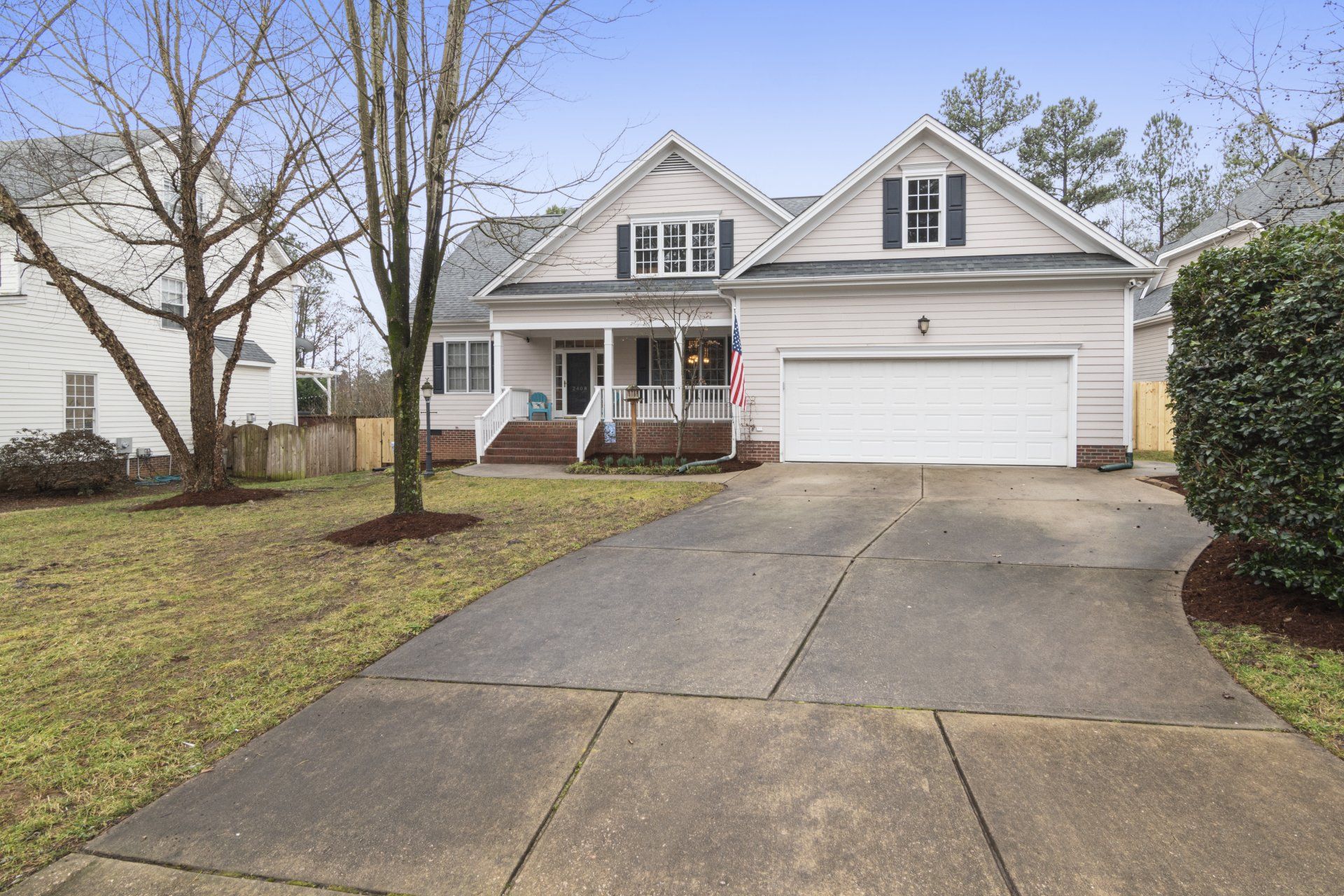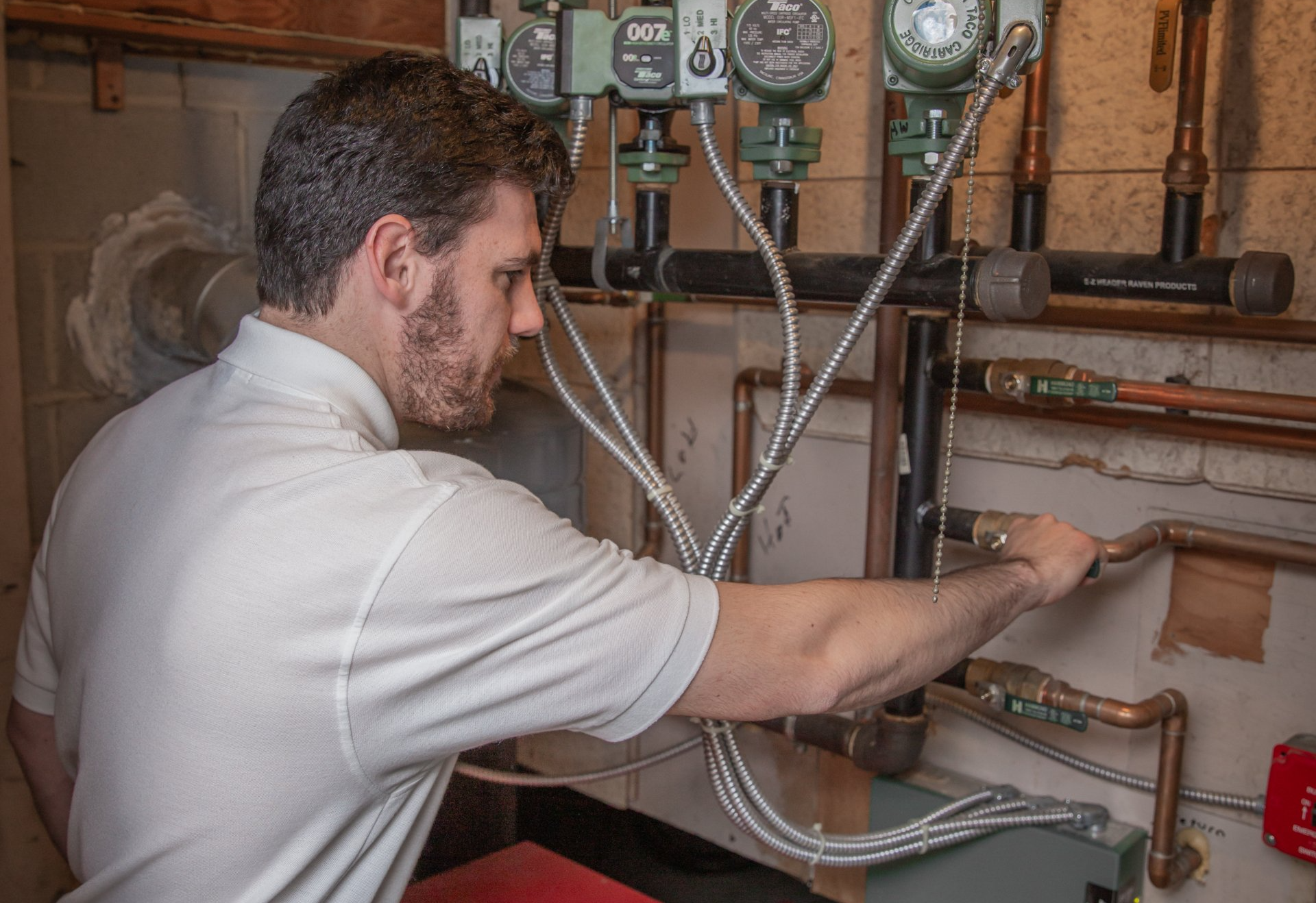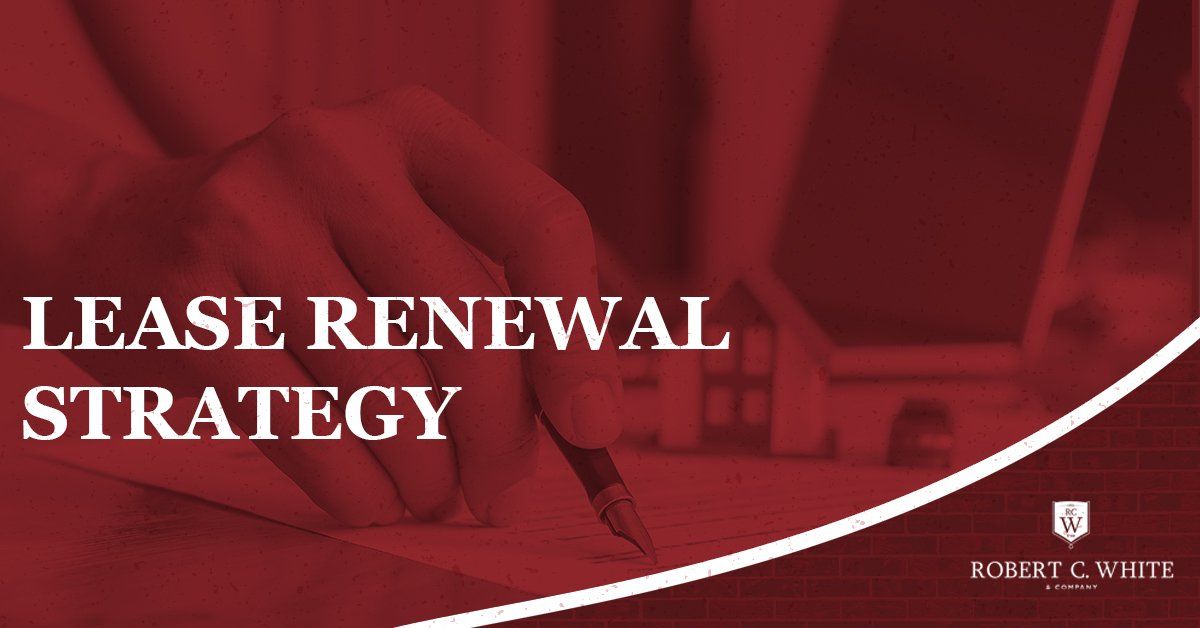Explained: What is House Hacking... And Could It Work For You?
Let's Talk About House Hacking and it's Tremendous Benefits!

Defining House Hacking
Today’s focus is on “House Hacking.” Whether or not you’ve heard the term before, we’ll take time to define the concept, explain the benefits, understand the responsibilities, and provide some actionable steps for those who see an opportunity and want to get started! There are lots of ways to secure your first investment property, but house hacking is becoming a particularly lucrative and popular way to kick it all off.
First, let’s define the term... House hacking is when an individual or group purchases an investment property intending to live in the property themselves and generate rental income from additional units/space. Most of the time, this involves the purchase of a small multi-family building where the owner lives in one of the rental units and rents the rest to tenants. In theory, there are other ways to house hack (which we’ll mention later), but this is the most common approach...plus the benefits in this scenario can be tremendous!
What Are the Benefits?
House hacking that is done intelligently offers a myriad of benefits. The first benefit to buying a live-in investment property is the type of financing one can receive. First-time home buyers have the benefit of FHA and other loan options that require much smaller down-payments. Interest rates are also lower on most FHA loans, and there are other incentives like the potential to get money back on your purchase through closing cost credits! All-in-all, house-hackers will benefit from better financing options than those looking to purchase a single-family home or condominium.
Another big benefit of house hacking is the potential for the owner/landlord to come out cash flow positive each month! An owner is cash-flow positive when the monthly rental revenue is greater than the mortgage, taxes, and other expenses. When you think about it, being cash flow positive basically means you’re getting paid to live there! House hacking is also a great way to get started on your real estate investing journey. Living in and being a part of your first rental property can give you the knowledge and experience you need to make even better investments in the future...or to teach you that this game just isn’t for you! Either way, it’s a great stepping stone to becoming a full-fledged landlord.
New Landlord Responsibilities
The benefits to house hacking are tremendous, but it also comes with the responsibility of being a landlord. A landlord’s job, unfortunately, is not just collecting rent 12 times a year. If you’re house hacking in a 4-family building, you’ll have to manage three sets of tenants by promptly dealing with any issues they have and completing repairs and maintenance that are required. House hackers are never far from issues at their property, which does make it easier to manage… but you’ve got to be willing and able!
Properties to House Hack In…
- Multi-Family Home = The most common property type to house hack in would be a traditional multi-family building. A property with 2-3 units or more allows the landlord (house-hacker) to live in their own space while collecting rental revenue from the other apartments to offset their costs.
- Renting a Room = A less frequent appraoch to house hack is simple to purchase a standard single family home and rent out individual rooms. Say you're a young couple who decides to by a 4 bedroom property because you just fell in love with it, but are only using two of the rooms actively. You can rent out individual or shared spaces for tenants/roommates to occupy. Again, collect the rent and offset your costs. As with the multi-family and other property types we mention below, you still the benefit of better financing options as well since you'll be living in your investment property to start with!
- ADU’s & In-Law Suites = OK, we get it, you don't want your in-laws to live with you...but it's always an option if you're thinking about house hacking! A property with an additional dwelling unit (ADU) or in-law suite presents another potential to bring in rent revenue at a property you're also living in. While there typically is only one ADU, which means less rental revenue, if you get a good deal, it could still do a great deal to offset your mortgage and other expenses.
- Air BnB = The last option we present is the Air BnB rental. While this may not fall under the typical house-hacking scheme, it has become a popular way to bring in revenue at a property that is almost totally your own!
How to Determine a Good from a Bad House Hacking Property
A good house hacking opportunity should present the owner with a chance to profit right away! Not only should you expect to build equity over the life of your mortgage, but house hackers can see monthly profits from the day they move in. This is where we talked about being cash-flow positive before. Let’s say you decide to house hack a 4-family home and live in one of the units yourself. You estimate your mortgage payment, taxes, insurance, and additional expenses will total $2,712/month. But, you also have three occupied units each renting for $1050/month ($3,150/month in total). In this scenario, you’d expect a positive monthly cash flow of $438...and that’s without you paying a dime in rent yourself! To read more about what makes a good or bad investment property, check out our article on Cash Flows and Cap Rates Here.
Final Thoughts
House hacking is an interesting and financially responsible way of getting into real estate investing. It can offer individuals and families the opportunity to acquire property with less money down and more intriguing interest rates, with the added benefit of making a profit each month too! While there are also new landlord responsibilities that come with it, house hacking also allows the owner to stay close to and monitor all the action.
If you’re considering a new investment property or want more information on house hacking options: Call Our Rental Property Advisors Here.

